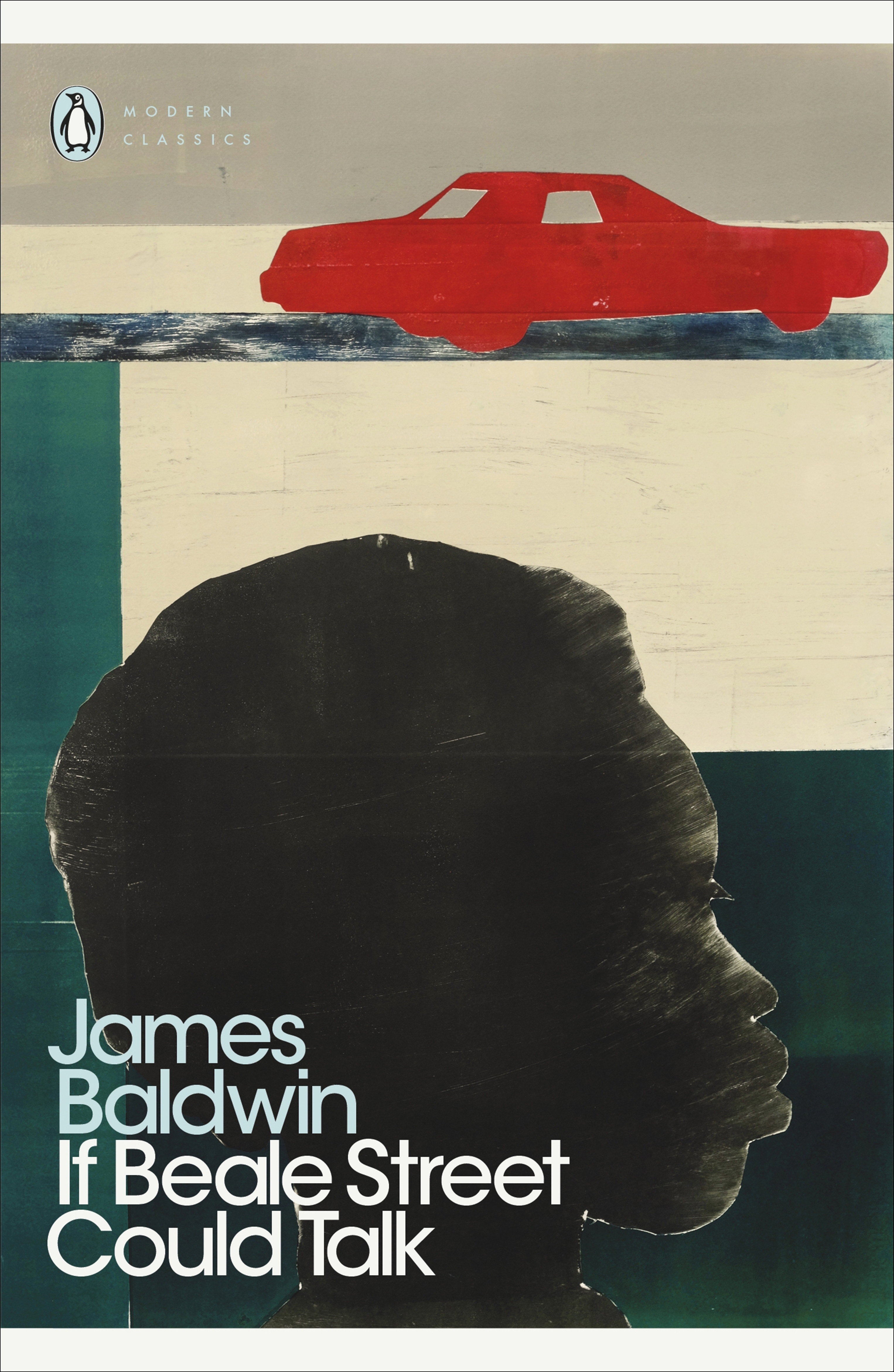

#Car in another country by james baldwin series#
Each of his novels portrays a series of evasive and simplifying definitions built into religious, economic, and educational institutions. Fully recognizing the reality of existential pain and despair, Baldwin invoked honesty and self-acceptance as the necessary supports for the love capable of generating individual communication and at least the groundwork for political action.īaldwin’s social vision, reflecting his experience in a racist culture, acknowledges the forces militating against self-knowledge and moral responsibility. Never denying the possibility of transcendent moral power-which he frequently imaged as the power of love-he simply insisted that human conceptions must remain flexible enough to allow for the honest perception of experience. I think all theories are suspect, that the finest principles may have to be modified, or may even be pulverized by the demands of life, and that one must find, therefore, one’s own moral center and move through the world hoping that this center will guide one aright.īaldwin’s insistence on the moral center and movement in the world cautions against associating him with the atheistic or solipsistic currents of existential thought. Echoing the existentialist principle “existence precedes essence,” he intimated the underlying consistency of his vision in the introductory essay in Notes of a Native Son: Both in his early individualistic novels and in his later political fiction, he insisted on the inadequacy of received definitions as the basis for self-knowledge or social action.
#Car in another country by james baldwin full#
Uncompromising in his demand for personal and social integrity, James Baldwin from the beginning of his career charged the individual with full responsibility for his or her moral identity. Ironically, many younger African American novelists accept this general view of Baldwin’s accomplishment, viewing his mastery of Jamesian techniques and his involvement with continental literary culture as an indication of alienation from his racial identity.

Strangely at odds with the view of Baldwin as racial spokesman, this view emphasizes the craftsmanship of Baldwin’s early novels and his treatment of “mainstream” themes such as religious hypocrisy, father-son tensions, and sexual identity. Grouped with Ralph Ellison as a major “post-Wright” black novelist, Baldwin represents, in this view, the generation that rejected “protest literature” in favor of “universal” themes. More accurate, though ultimately as limited, is the view of Baldwin primarily as an exemplar of the African American presence in the “mainstream” of the American tradition. To consider Baldwin primarily as a racial spokesman, however, imposes a stereotype that distorts many of his most penetrating insights and underestimates his status as a literary craftsman. Some, most notably Another Country, attained a high degree of public visibility when published, leading to a widely accepted vision of Baldwin as a topical writer. Indeed, his novels frequently mirror both Baldwin’s personal philosophy and its social context.

To be sure, Baldwin’s progression from an individualistic, universalist stance through active involvement with the integrationist Civil Rights movement to an increasing sympathy with militant Pan-Africanist thought parallels the general development of African American thought between the early 1950’s and the mid-1970’s. Though not undeserved, this reputation more frequently obscures than clarifies the nature of his literary achievement, which involves his relationship to African American culture, existential philosophy, and the moral tradition of the world novel. James Baldwin’s (1924– 1987) public role as a major African American racial spokesman of the 1950’s and 1960’s guarantees his place in American cultural history.


 0 kommentar(er)
0 kommentar(er)
